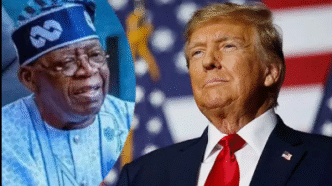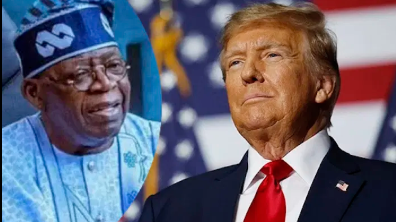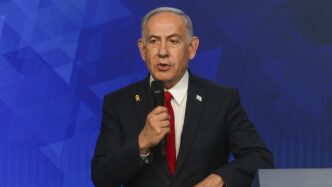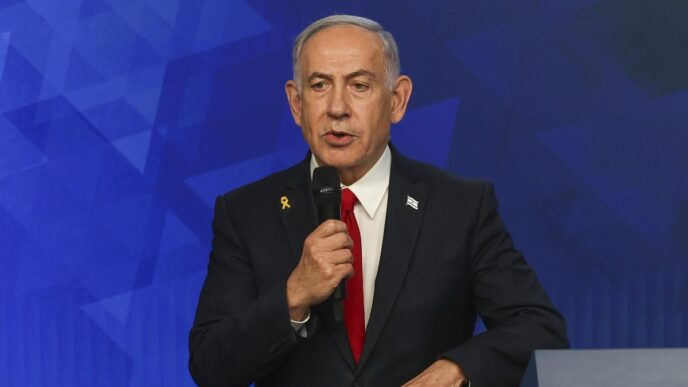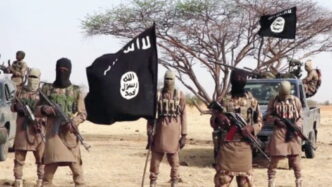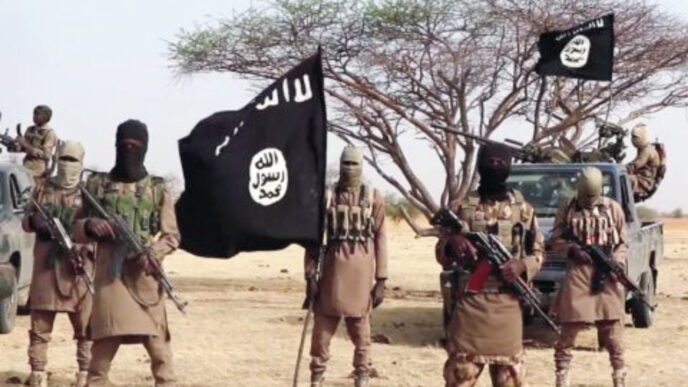The United States government has reportedly begun drafting military intervention plans for Nigeria following President Donald Trump’s claim that “Christian genocide” is occurring in the country.
The directive has sparked intense debate both in Washington and Abuja, raising questions about sovereignty, security, and international diplomacy.
President Trump, during a recent briefing, said: “Christianity is facing an existential threat in Nigeria. Thousands of Christians are being killed. Radical Islamists are responsible for this mass slaughter.”
He then ordered the U.S. Defense Secretary, Pete Hegseth, to prepare an intervention strategy.
Hegseth immediately responded, “Yes, Sir,” and directed the Africa Command (AFRICOM) to develop options for possible strikes.
The command, headquartered in Stuttgart, Germany, has since submitted three escalating proposals described as light, medium, and heavy to Washington for review.
Under the light option, the U.S. would provide logistical and intelligence support to Nigerian forces in targeting Boko Haram and Islamic State West Africa Province (ISWAP) militants.
This partnership-based approach would rely on cooperation with local authorities without direct U.S. combat involvement.
The medium option suggests the use of American Predator and Reaper drones to strike militant bases and convoys across northern Nigeria.
“Drones can loiter for hours before striking,” a defense official explained, though logistical challenges exist since the U.S. recently vacated its Niger drone bases now occupied by Russian forces.
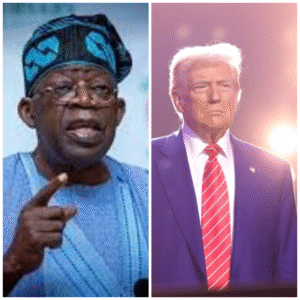
The heavy option, viewed as least likely, involves deploying an aircraft carrier group to the Gulf of Guinea to support large-scale airstrikes.
However, this would require major resources and could strain America’s global military presence.
Nigerian officials have reportedly welcomed U.S. intelligence support but insist that any action must “respect Nigeria’s sovereignty and territorial integrity.”
Meanwhile, several American defense experts have cautioned against a large-scale invasion, citing lessons from Iraq and Afghanistan.
Retired Army Major General Paul D. Eaton warned that such an effort “would be a fiasco,” adding that it could mirror the chaos of past U.S. interventions.
He further compared potential airstrikes to “pounding a pillow”creating noise and destruction but achieving little strategic impact.
“The American military cannot do much to quell the violence unless it is willing to start an Iraq-style campaign,” one official noted.
Militant groups like Boko Haram and ISWAP have targeted both Christians and Muslims across Nigeria, complicating the narrative of religious persecution.
AFRICOM’s new commander, Gen. Dagvin R.M. Anderson, is expected to visit Nigeria next month to discuss regional security partnerships.
LHowever, it remains unclear whether the U.S. will move forward with any of the proposed plans.
